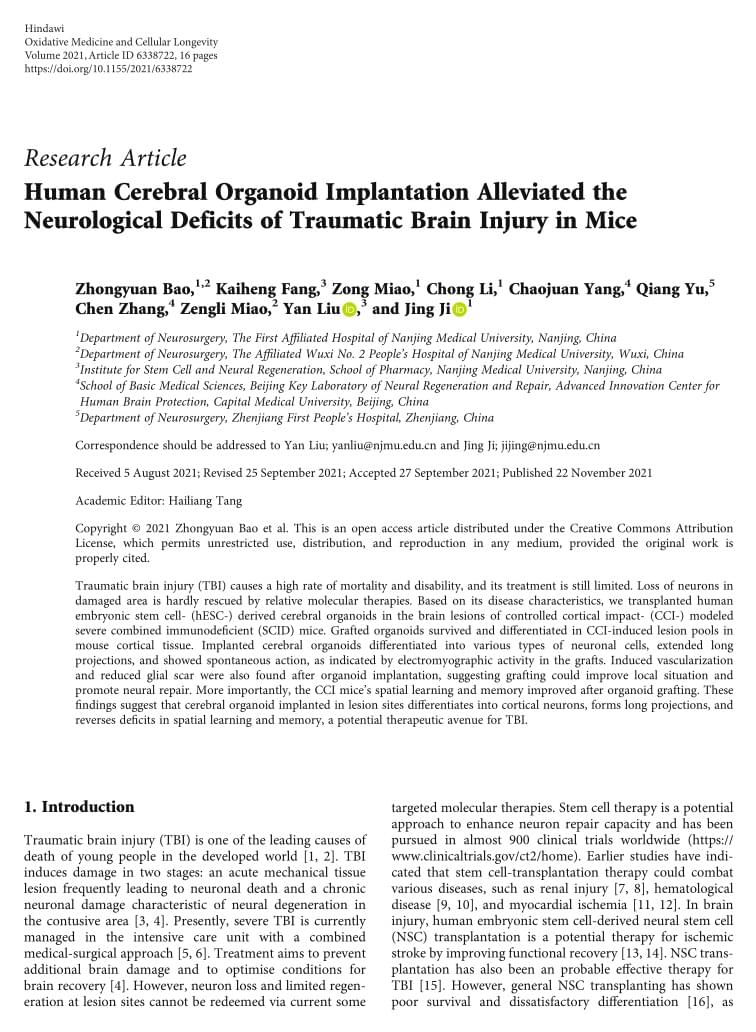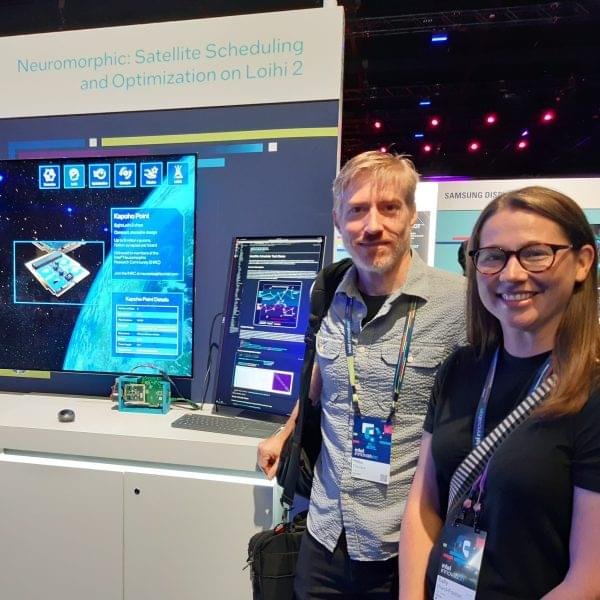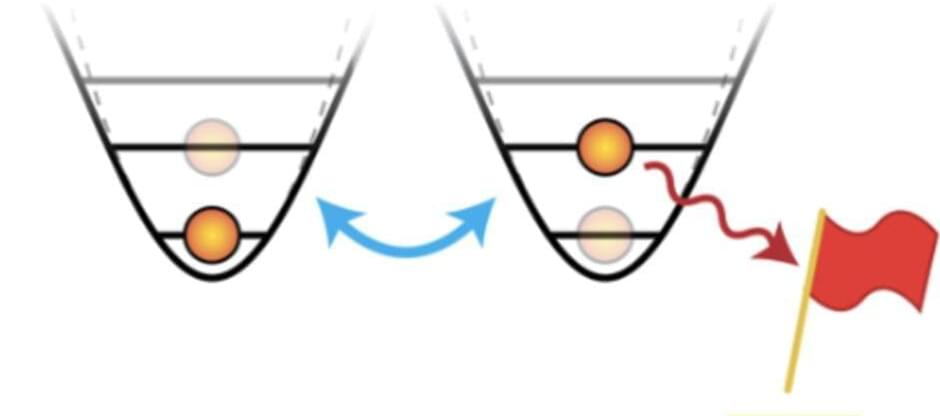The immune system is a complex network of various cell types all working cohesively to identify and eliminate foreign invaders. Unfortunately, if a disease is strong enough or our immune system is not well equipped to accurately target the disease, we get sick until the immune system builds a strong enough immune response toward it. A great example includes vaccine biology. We are given an attenuated form of a disease and our body, not exposed to it before, will recognize the markers on the outside of the virus and make antibodies against it. Consequently, the immune system will build up a strong enough immune response to completely eradicate the disease from the body and also maintain memory cells that will instantly recognize future exposures of the same disease.
Different immune cells play various roles that effectively elicit an immune response. Innate immunity is the first barrier against disease. Cells in this barrier are non-specific and target a broad range of diseases but are less potent. Additionally, they take the protein or antigen from the disease and present it to more specific and effective immune cells in the adaptive immune system. These highly specific cells are mainly responsible for killing or lysing the disease. Cells in the adaptive immune system include T cells and B cells. T cells are a broad cell population with different responsibilities within each T cell subset. However, CD8+ T cells are the classic T cell subtype solely responsible for lysing foreign or invading cells. The field of T cell biology is ever expanding as scientists discover new ways to improve their function and effectively target disease.
A recent article published in the Journal of Immunology, by Dr. Tadashi Matsuda and others, discovered that a new protein, known as STAP-1, improves T cell activation. Matsuda, senior author on the paper, is a Professor and Principal Investigator at Hokkaido University in Japan. His work focuses on T cell biology and intracellular components of cellular immunity. Signal-Transducing Adaptor Protein-1 or STAP-1 was implicated as a mediator between intracellular proteins and eliciting an immune response. Interestingly, STAP-1 upregulates T cell receptor (TCR)-mediated T cell function and increased inflammatory response. Matsuda and others found that STAP-1 generates the activation of downstream signaling pathways associated with stronger T cell activity. While this may have seemed like a great marker to improve immune response, the team also discovered that knocking out STAP-1 reduces autoimmune disorder symptoms. Therefore, treatment application is context dependent.





